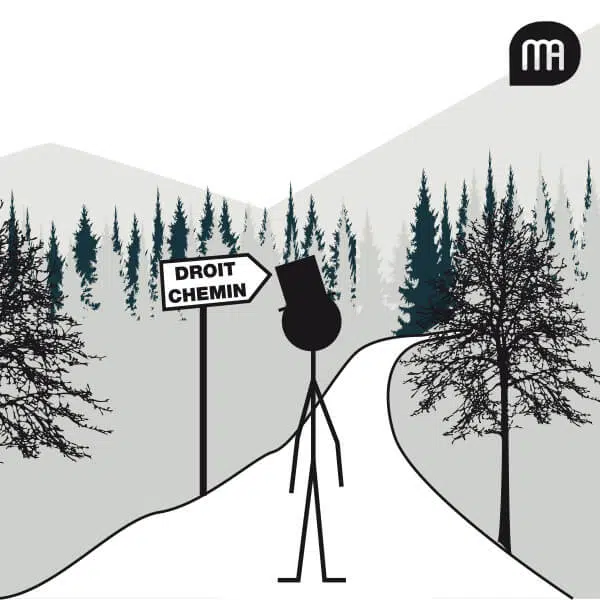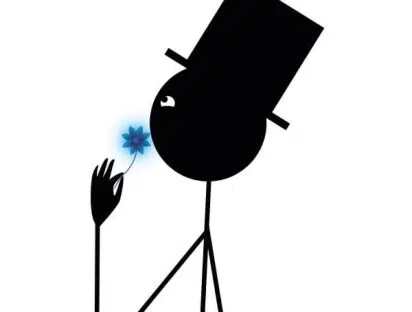 Recent events lead us to add a word about moral rectitude (1). It concerns the decision of a majority of Amazon’s shareholders to authorise the marketing of its facial recognition product at the company’s Annual General Meeting held on 22 May 2019 (2). However, two resolutions asked the Board of Directors to ensure that the technology in question minimised civil rights and privacy risks. It is noteworthy that Amazon had tried to prevent these resolutions from being put to the vote, but the Security and Exchange Commission rejected this request in early April 2019 (3). The way French media France Culture reported on the position of Amazon’s shareholders suggests that it lacked moral rectitude (4). Under the heading “State ethical principles, and apply laissez-faire” (“Énoncer des principes et laisser faire”), the article stated that “the majority followed the opinion of the Board of Directors that ‘a new technology should not be prohibited or condemned because of potential misuse’.” This kind of maxim echoes the adjective “relentless” that was used to describe Amazon’s attempt to dismiss the two resolutions imposing conditions on the marketing of its facial recognition product – “Amazon’s relentless attempt to exclude the proposals from the ballot.” We do not return here to the meaning of moral rectitude, but propose three “meditation supports” on this case. ♦ First of all, let’s have a look at the expression “moral infirmity” that Charles de Gaulle used to describe capitalism:
Recent events lead us to add a word about moral rectitude (1). It concerns the decision of a majority of Amazon’s shareholders to authorise the marketing of its facial recognition product at the company’s Annual General Meeting held on 22 May 2019 (2). However, two resolutions asked the Board of Directors to ensure that the technology in question minimised civil rights and privacy risks. It is noteworthy that Amazon had tried to prevent these resolutions from being put to the vote, but the Security and Exchange Commission rejected this request in early April 2019 (3). The way French media France Culture reported on the position of Amazon’s shareholders suggests that it lacked moral rectitude (4). Under the heading “State ethical principles, and apply laissez-faire” (“Énoncer des principes et laisser faire”), the article stated that “the majority followed the opinion of the Board of Directors that ‘a new technology should not be prohibited or condemned because of potential misuse’.” This kind of maxim echoes the adjective “relentless” that was used to describe Amazon’s attempt to dismiss the two resolutions imposing conditions on the marketing of its facial recognition product – “Amazon’s relentless attempt to exclude the proposals from the ballot.” We do not return here to the meaning of moral rectitude, but propose three “meditation supports” on this case. ♦ First of all, let’s have a look at the expression “moral infirmity” that Charles de Gaulle used to describe capitalism:
“Without contesting what capitalism achieves, for the benefit not only of a few, but also of the community, the fact is that it carries within itself the reasons for massive and perpetual dissatisfaction. It is true that palliatives reduce the excesses of the ‘laissez-faire, laissez-passer’ doctrine, but they do not cure its moral infirmity.” (5)
♦ We can then examine the formula proposed by France Culture:
a) State ethical principles, and apply laissez-faire.
Being conjugated in the infinitive, the formula could be translated in two ways. It could first be translated as being the language of description, where the purpose would be to observe a certain state of affairs:
b) Companies specialised in artificial intelligence set out ethical principles and do not intervene in their implementation.
This constative statement may be true or false. To the extent that it includes two propositions (“stating ethical principles,” “no intervention in their implementation”) joined by a conjunction (“and”), it is only true if these two propositions are true. The formula can also be understood as being the language of obligation. This is the same as assuming that a company specialising in artificial intelligence meets two obligations, which gives formula (a) an unusual twist:
c) I have an obligation to state ethical principles and I have an obligation not to intervene in their implementation.
The formula is strange, but the obligation to apply laissez-faire (no intervention) can be understood as an obligation not to interfere in the course of things, to “laisser faire, laisser passer,” in Charles de Gaulle’s original words. According to this interpretation, the actors (for example, Amazon shareholders who voted to continue selling its facial recognition product) are free to appropriate ethical principles according to the circumstances in which they find themselves. Thus, in the case at hand, the principle that “a new technology should not be prohibited or condemned because of potential misuse” could be considered compatible with both the stated ethical principles and the laissez-faire principle. ♦ A third meditation could consist in invoking the grain, symbol of the divine word, which, in the parable of the sower told by Jesus of Nazareth, rises but dies very quickly, dried up by the sun, when it has grown on a rocky ground. Jesus explains to his disciples the meaning of the parable. Those who hear the divine word substitute themselves for the sown grain:
“Others, like seed sown on rocky places, hear the word and at once receive it with joy.
But since they have no root, they last only a short time.
When trouble or persecution comes because of the word, they quickly fall away.” (6)
“They have no root!” gives us one last thing to think about. Alain Anquetil (1) See my previous posts. (2) See “A win for shareholders in effort to halt sales of Amazon’s allegedly racially biased surveillance technology,” Business & Human Rights Resource Center, 4 April 2019. (3) See “Amazon has to let shareholders vote on government Rekognition ban, SEC says ,” The Verge, 4 April 2019. (4) “Intelligence artificielle et éthique ne font pas (encore) bon ménage,” La Bulle Economique, France Culture, 25 May 2019. (5) C. de Gaulle, Mémoires d’espoir, tome 1 : Le renouveau (1958-1962), Plon, 1970, Memoirs of Hope: Renewal, 1958–1962, tr. T. Kilmartin, Weidenfeld & Nicolson, London, 1971. My translation. (6) Mark 4:16-17, The Holy Bible, New International Version, Zondervan, 2011. [cite]




